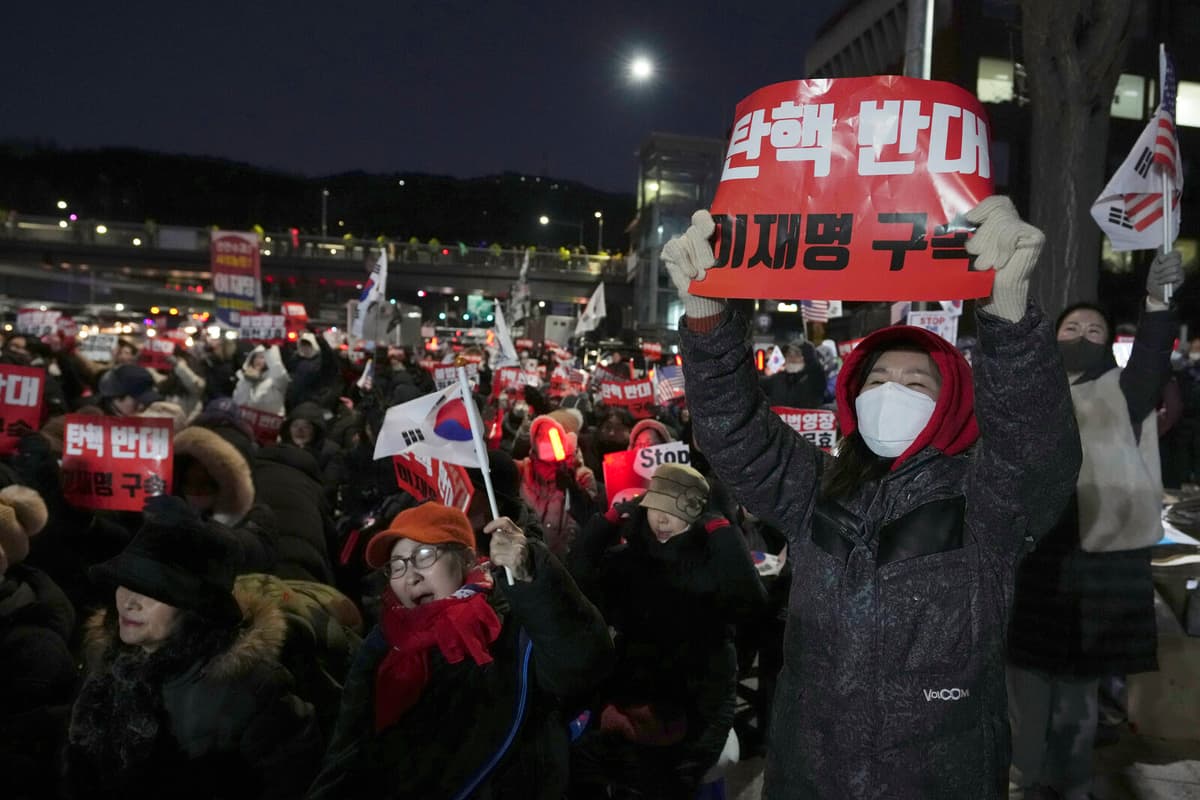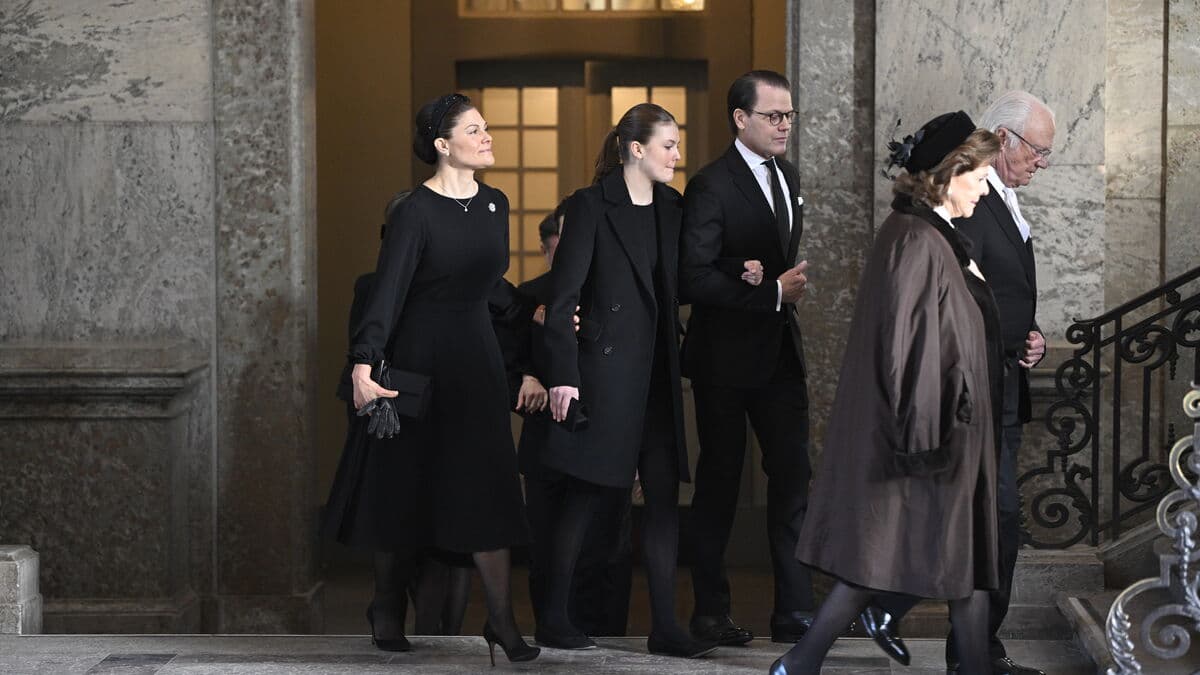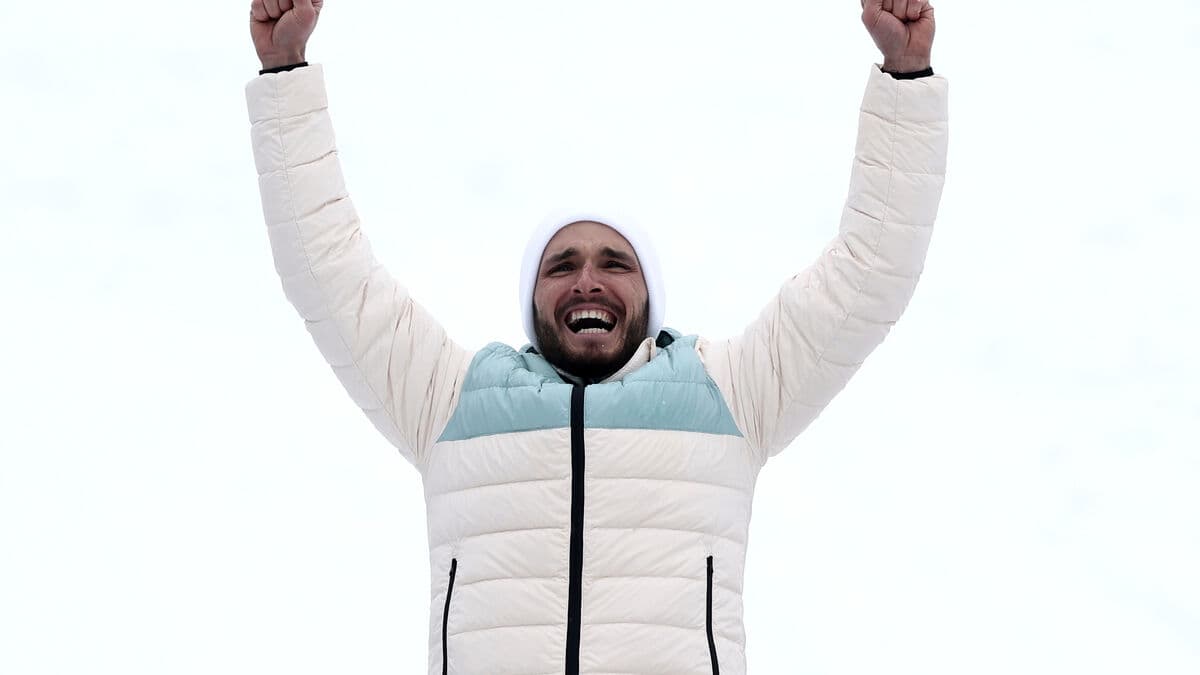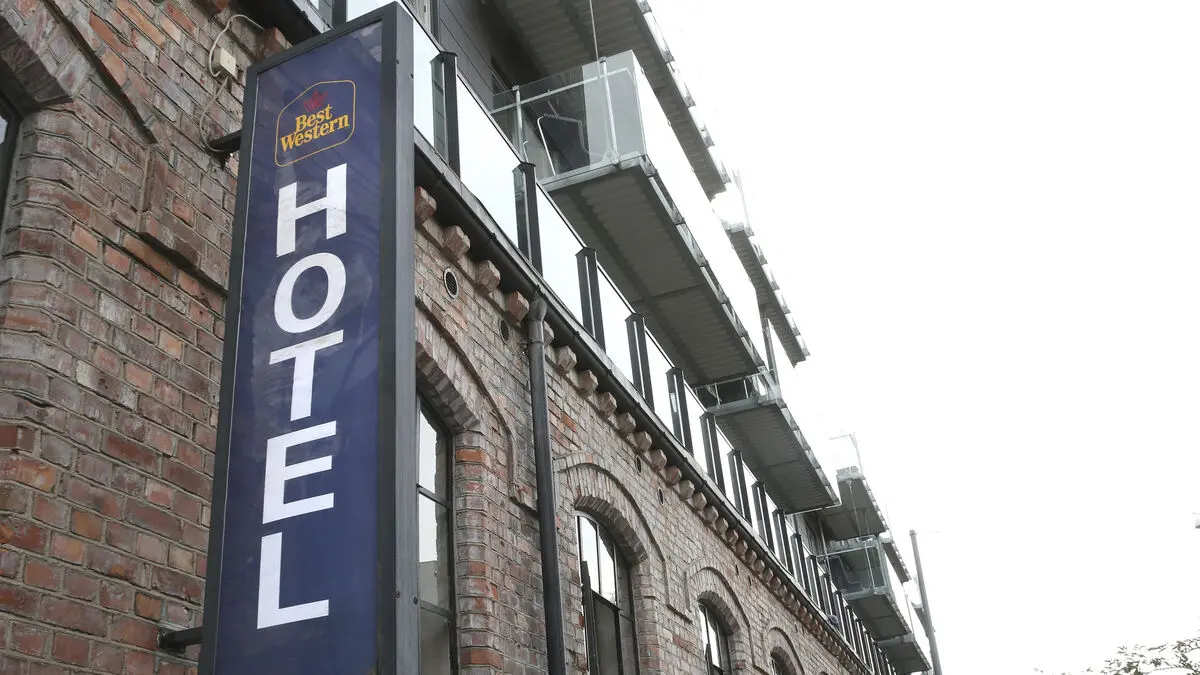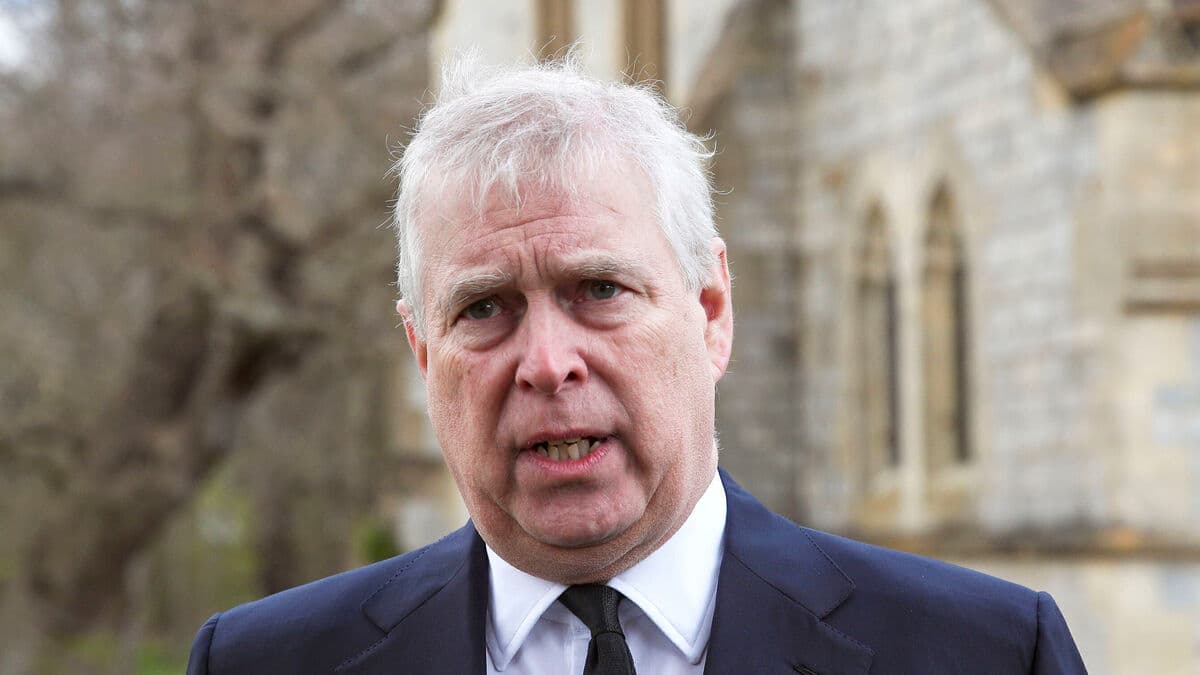"The execution of the arrest warrant against President Yoon Suk-Yeol has begun," announced the anti-corruption authority investigating Yoon.
The arrest was however blocked, first by a military unit that was present at the residence. When the military personnel had passed, the next obstacle awaited: the president's security guards, who refused to let the investigators from the country's anti-corruption unit CIO enter.
The approximately 20 investigators and 80 police officers were heavily outnumbered by around 200 soldiers and security personnel protecting Yoon.
"The execution was impossible due to the ongoing stalemate. Due to the safety of the personnel on site, a decision was made to pause the execution," writes CIO in a statement.
The police say that further measures will be discussed, but it is unclear whether a new attempt to arrest Yoon will be made.
Supporters outside
Outside the building, large crowds of supporters of the suspended president gathered, as well as a large number of police officers. Yoon's lawyer claims that the decision to arrest him is "illegal".
Carrying out an order that is illegal and invalid should not be considered lawful, said Yoon's lawyer Yun Gap-Geun, to Yonhap.
Yoon is being investigated due to his declaration of a state of emergency in early December, which threw South Korea into political chaos. He was stripped of his presidential powers on December 14, after parliament voted to put him on trial.
On Monday, a South Korean court approved an arrest warrant against the suspended president. According to Oh Dong-Woon, who leads the investigation team, they expect to carry out the arrest within the deadline, which expires on January 6. The situation is however described as legally complex.
If the investigators succeed in arresting Yoon, they will likely ask a court for permission to make a formal arrest. Otherwise, he will be released after 48 hours.
Unclear legal basis
Yoon's lawyers have previously argued that the arrest warrant cannot be executed as long as he remains in his residence, which he appears not to have left since December 12. This is done with reference to a law that protects places that could potentially be linked to military secrets.
The lawyers have also argued that the police do not have the right to participate in Yoon's arrest, but it is unclear what legal basis this reasoning is based on, writes AP.

